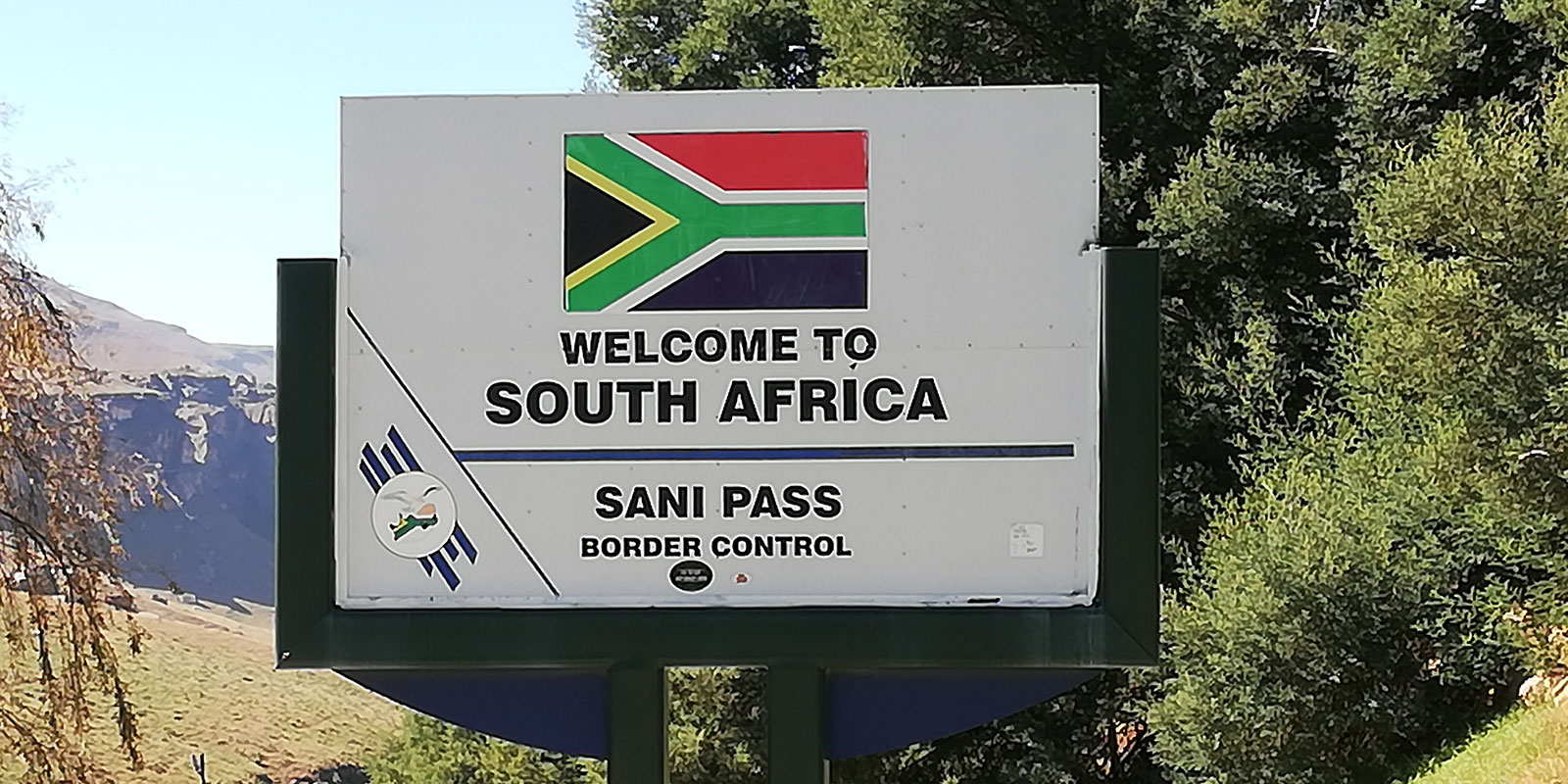In 2020, the government of South Africa announced a new Border Management Act that introduces a single authority to oversee the border environment, and it has also amended the Refugee Act. These steps have raised concerns among those working to counter xenophobia and to prevent violence towards foreign nationals.
South Africa has a responsibility to cooperate with its regional partners on several issues including the management of the movement of people #COVID19
Tweet
South Africa has been contending with intermittent communal violence towards foreign nationals, especially those from African countries. The reasons for the outbreak and persistence of this communal violence in South Africa are complex. Hostility towards African foreigners has also become political capital in South Africa. Popular politicians such as former Johannesburg Mayor Herman Mashaba have regularly demonstrated anti-immigrant sentiments.
There has been a growth of xenophobic nationalist movements including ‘Put South Africa First’ and social network tags such as #ForeignersMustGo. People claiming to be members of the ruling African National Congress’s (ANC) former military wing uMkhonto weSizwe (MK) have on occasion also indulged in xenophobic tendencies, especially in Durban.
The COVID-19 pandemic and its associated lockdowns, which have been particularly stringent in South Africa, have added yet another layer of challenges for foreign nationals. Not long after the first lockdown was announced in March 2020, various government departments laid out their mitigation strategies to help people and businesses cope with the consequences of a hard lockdown. While detailing her mitigation measures, Minister of Small Business Development Khumbudzo Ntshavheni said that only South African owned spaza shops would be allowed to trade. She said: “We want to make sure that the quality of food and surety of the quality of products is there”, thereby implying that foreigners are prone to selling poor quality goods. Following these statements, there were incidences of police shutting down spaza shops owned by foreigners in Gqeberha. This of course had knock-on effects for people living in areas where these spaza shops are the main source of affordable goods. In addition, foreigners, many of whom work in the informal sector, found themselves excluded from the relief packages directed at formal businesses.
From late December 2020 until early January 2021, many Zimbabweans trying to enter South Africa at the Beitbridge Border Crossing found themselves unable to cross. The Zimbabwean government had announced a hard lockdown in that country which prompted many to rush back to South Africa where they have their livelihoods. On the South African side, Home Affairs officials had recently increased COVID-19 testing, which slowed the process leading to further congestion at the border.
COVID19 and its associated lockdowns, which have been particularly stringent in South Africa, added yet another layer of challenges for foreign nationals
Tweet
What then ensued over the following days has been referred to by many as a possible humanitarian disaster. People lined in snaking queues with little shelter from the heat, little food or water, and hardly any protection from COVID-19. Out of desperation, many tried to enter the country illegally by crossing the Limpopo River. The Minister of Home Affairs, Dr. Aaron Motsoaledi stated that the army was arresting about 500 illegal immigrants per day during the first week of January 2021. Out of this situation emerged a petulant blame game with fingers being pointed at everyone from the South African Department of Home Affairs, to the Zimbabwean government, and the truck drivers using the crossing. What is clear however is that it is the migrants who bore the brunt of this unfortunate series of events.
The COVID-19 pandemic has therefore exacerbated an already desperate situation for many foreign nationals in South Africa. Government policy had already been moving in the direction of discouraging African immigration into the country before COVID-19. This is evidenced by certain provisions of the Border Management Act and some amendments to the Refugee Act. There has been widespread criticism of the act with many noting that its emphasis on establishing an armed border guard will lead to more arrests and further criminalisation of migrants and refugees. In January 2020, amendments were made to the Refugee Act of the Republic of South Africa. Just as with the Border Management Act, this law has worrying anti-immigration traits.
Lawyers for Human Rights (LHR) argued that some of the new amendments pose extra challenges for Asylum Seekers and increase the chance of detention and deportation on vague grounds such as posing a ‘threat to national security or ‘national interest’. The new amendments also prohibit refugees and asylum seekers from ‘engaging in political activities’ even if it relates to their home countries.
Both of these parliamentary processes were in motion before the pandemic and seem to mirror growing negative sentiments against foreigners in the societal fabric. This anti-immigration stance has been accelerated under the broad justification of locking down the country to prevent the spread of the COVID-19 virus. It has also allowed policymakers to kick important discussions further down the road.
From a policy view, one of the most important discussions is affirming South Africa’s identity in relation to its regional partners. On the one hand, South Africa has consistently sought to strengthen Africa’s regional and continental architecture. This means that South Africa has a responsibility to cooperate with its regional partners on several issues including the management of the movement of people. The level of cooperation is however being undermined by domestic pressures from widespread anti-immigrant sentiments within South Africa. This ultimately confuses the policy direction.
Whether the South African government chooses to acknowledge it or not, the movement of people is a major issue frustrating regional integration. Instead of being preoccupied with the short-term benefits of pandering to xenophobic nationalism, we could use this moment to re-imagine our role in the region.
Mongi Henda is an Independent Researcher and consultant currently based in Hamburg, Germany.


